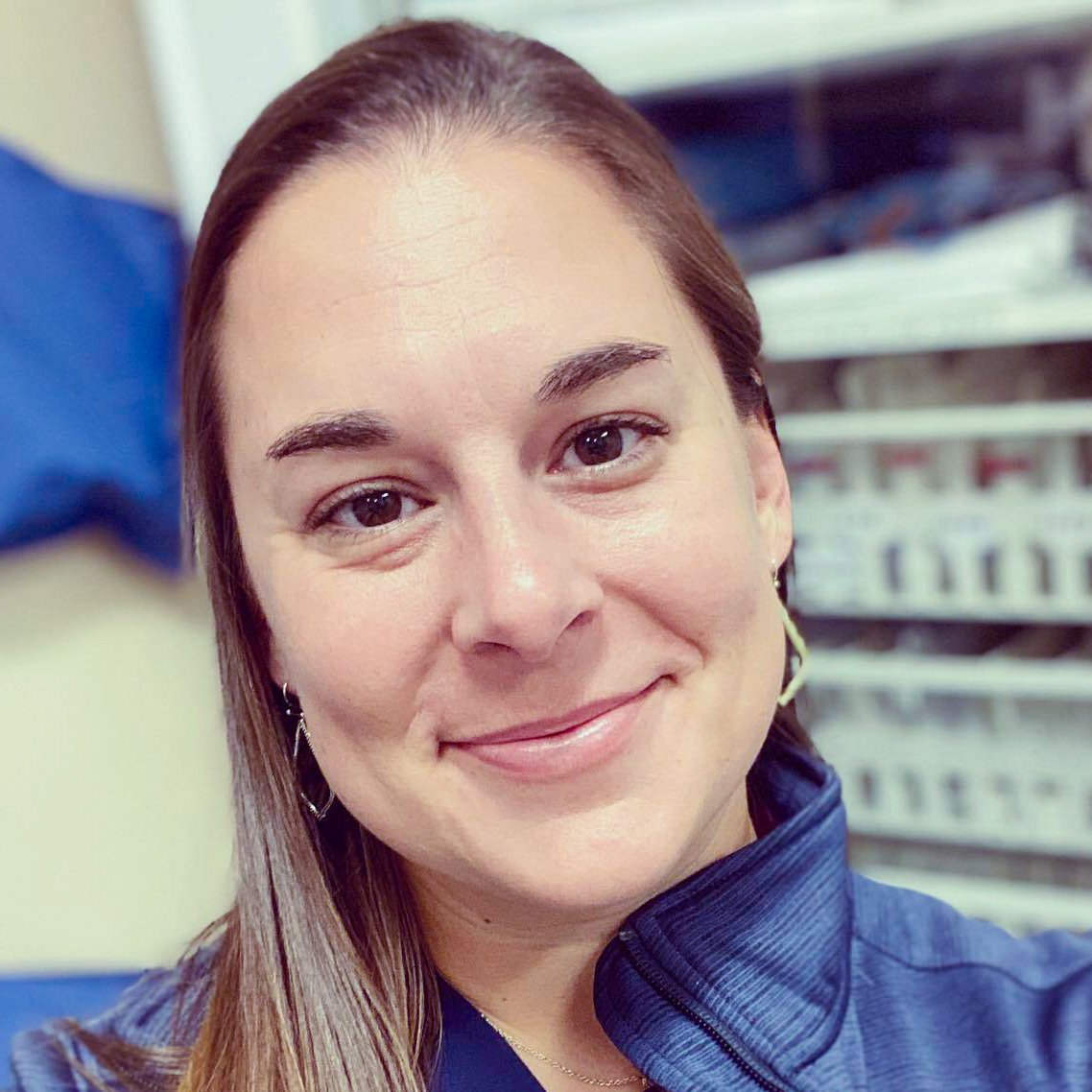CNA Jobs That Make a Difference
CNAs play a vital role in patient care, providing comfort and compassion. Find your next job opportunity on our nursing jobs board.









CNAs play a vital role in patient care, providing comfort and compassion. Find your next job opportunity on our nursing jobs board.










Encompass Health

National Health Care Associates

Northern Arizona Healthcare (NAH)

Travel Nursing Agency
Don't miss out on your next opportunity
Register with NurseRecruiter to gain access to our nationwide database of job openings.
Access All JobsThe Certified Nursing Assistant (CNA) or State Tested Nursing Assistant (STNA), assists LPNs and RNs in hospital or long term care facilities (nursing homes). CNAs are often the people that spend the most time with the patient doing direct patient care. Taking vital signs, assisting with dressing changes, and giving patient baths; helping patients ambulate or get out of bed to the chair, tidying up patient's rooms (which may include bed making) and ensuring patients have everything they need are just a few of the duties of CNAs. The job of a CNA can be very physically demanding. They will be lifting patients, bending and stooping, and sometimes, even crawling on the floor to pick up dropped items. CNAs must answer call lights and may be assigned to patient rooms far from the nurses' station. A strong back, physical stamina and a very good pair of shoes are important to have and maintain as a CNA. Most injuries incurred by CNAs are back-related. Proper lifting and trunk turning techniques are taught to CNAs in order to avoid costly medical leaves for physical injuries.
The role of the CNA is an important one in the world of healthcare as frequently the CNA is the first to note an acute change in the patient's condition. These changes must be immediately reported to an RN or LPN in order for the patient to be properly assessed. CNAs must be trained in basic CPR as they may be called upon to do chest compressions in the case of cardiac arrest. In long-term care facilities, it is possible for CNAs to forge a close relationship with their patients. From seeing a patient/resident day to day, the smallest of changes in behavior and habits can be detected and the CNA will know when their resident isn't "acting right."
The training for a CNA is usually a two-week program which may or may not be paid for by the facility where they will work. Many hospitals do not require that an aide be state tested or certified as they prefer to train them on-site. After the training program which will include things such as: taking of vital signs, making beds, and bathing patients, potential aides will then be examined by both a written and practical means. The practical exam can be rigorous and nerve wrecking as the examiner watches every task performed for thoroughness, efficiency and patient safety.
The job of a CNA can be both demanding and rewarding and many CNAs use their experience to decide whether or not they wish to continue their education and become nurses.